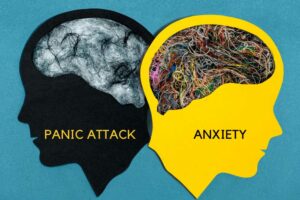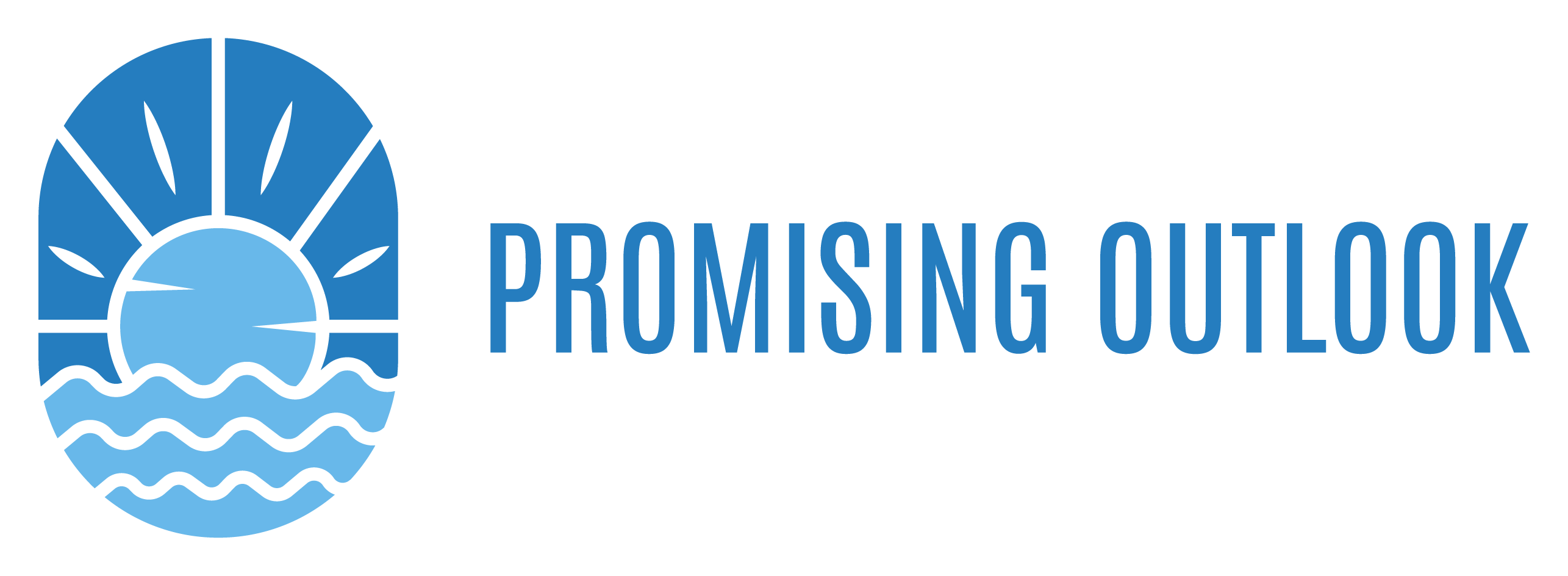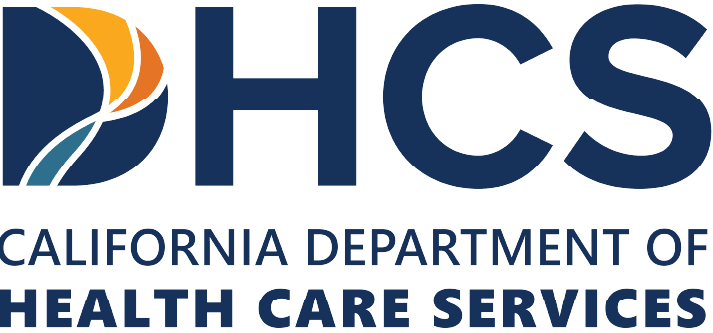Exercise is good for us both physically and mentally. Exercise helps our physical health in many ways. Regular exercise can help us attain or maintain a healthy weight and helps to prevent arthritis, high blood pressure, heart disease, Type 2 diabetes, and many other diseases.
Exercise is also good for mental health. The “runner’s high” that you hear about–a feeling of euphoria, reduced anxiety, and less sensitivity to pain–is real. Endorphins play a role in this feeling and the brain’s endocannabinoid system may contribute as well. Research conducted in Germany found that an endocannabinoid called anandamide has been detected in runners’ blood after they have finished a run. Anandamide can cross the blood-brain barrier and may play a role in the “runner’s high” as well.
Exercise Boosts Mental Health
Many people say that regular exercise is good for your mood and outlook. Mental health professionals encourage their clients to find some sort of exercise that they enjoy and do it several times per week, assuming that the client doesn’t have a condition that precludes physical activity. Science bears this out: an article published in The Primary Care Companion to the Journal of Clinical Psychiatry found that aerobic exercise reduces anxiety, depression, and negative mood. Exercise can also improve cognitive function, enhance self-esteem, and help with social withdrawal. You don’t need to train for a marathon to get these benefits–researchers say that 30 minutes of moderate exercise three to five days per week is all you need. Exercise can also lead to social interaction and is a terrific stress reducer.
Exercise Aids Addiction Recovery
Many treatment centers either incorporate exercise into their programs or strongly encourage patients to exercise on their own because of the numerous physical and mental benefits of regular exercise. Because addiction recovery is about healing the mind and the body, exercise is very important to the process. Developing an exercise program is part of building a healthy lifestyle, which is one of the goals of treatment. An exercise program can help to add structure to the day. Structure is important for someone in recovery, and the exercise routine will take up some of the time you used to spend drinking or using. Exercise can also distract from cravings for drugs or alcohol and can be a good way to meet people who are interested in a healthy lifestyle.
How to Begin an Exercise Program
As always, when you are starting an exercise program your first step should be a consultation with your primary health care provider. Also, start off slowly and gradually increase the duration or intensity of your workouts. Doing so will help to prevent injury or burnout.
You need to find a form of exercise that you enjoy enough to stick with. You may need to try several forms of exercise before you find a couple that you enjoy and that fit into your lifestyle. You may find that you like exercising alone or with an exercise buddy, or you may find that you enjoy the positive energy of some type of fitness class.
Enlist social support. As you know from your experience in recovery from drugs or alcohol, it’s much easier to make a behavioral change when you have the support of other like-minded people. You may want to work out with a friend or report on your progress to a life coach or therapist. Consider creating a reward system for yourself.
Set realistic goals. While your long-term goal may be to run a marathon, you will have more success and fewer injuries if you start off slowly and gradually increase your mileage. If you are going the group fitness route, start with three classes a week and gradually increase, and remember to work out at your own pace.
Determining when you want to work out is something you need to do, too. Some people like to start the day with a long run or swim. For other people, just making it from the bedroom to the kitchen is enough to tackle in the morning. It doesn’t matter when you work out; it just matters that you make time for it. Exercise is part of the healthy lifestyle you are building for yourself. Put it on your calendar like you would any other appointment and make sure that you keep it.
Plan for setbacks and obstacles. When you are beginning something new and positive for yourself, setbacks always seem to happen. If you run, for example, you may need to run indoors on a treadmill if the weather is bad. You may need to switch to walking or biking if you need to heal from an injury.
If you are recovering from an addiction or struggling with a mental health issue, the mental and physical effects of exercise will benefit you immensely.
A consistent exercise routine is extremely beneficial to people in recovery from alcohol or drug addiction. Regular exercise is also very helpful to people with major depressive disorder or other mental health issues. Exercise is a great way to cope with stress and the pain from earlier trauma that you were covering with drugs or alcohol. Your physical health also benefits from regular exercise. A regular workout can help you with weight management, high blood pressure and other cardiovascular issues, and can also strengthen your immune system and lessen your chances for developing Type 2 diabetes and some types of cancer. As always, consult with your primary care physician before beginning an exercise regime. At Promising Outlook, an outpatient drug and alcohol treatment center located in California’s Inland Empire, we recognize the importance of physical fitness as part of recovery. If you need help with an addiction to drugs or alcohol, please call 866.980.2869.









